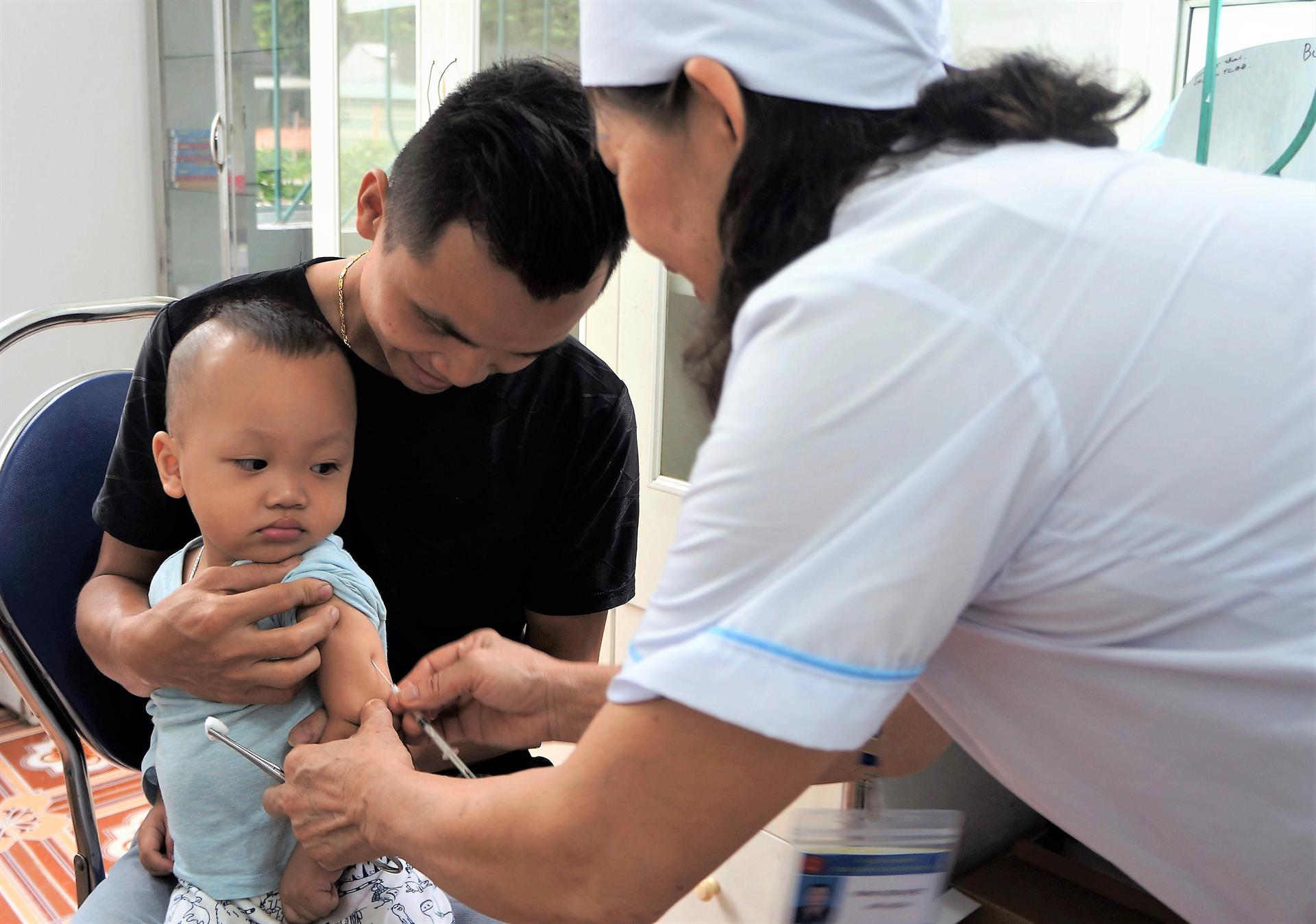Building on the momentum
of the smallpox eradication effort, the Expanded Programme on Immunization
(EPI) was launched in 1974 to ensure that all children, in all countries,
benefited from life-saving vaccines. This programme has evolved into what is
now commonly known as the Essential Programme on Immunization.
Today every country in the world
has a national immunization programme and vaccines are viewed as one of the
safest, most cost-effective, and successful public health interventions to
prevent deaths and improve lives. Since the initial focus on protection against
six childhood vaccine-preventable diseases (Bacillus Calmette-Guérin (BCG),
diphtheria, pertussis, tetanus, polio, and measles) over four decades ago, the addition of new vaccines has
increased the breadth of protection provided by immunization, to include
vaccinations for protection of older children, adolescents and adults.
There are now 13 vaccines
(antigens) recommended by WHO for the EPI programme. They are: Bacillus Calmette-Guérin (BCG), diphtheria,
pertussis, tetanus, Haemophilus influenzae type B (Hib), Hepatitis B (HepB),
polio, measles, rubella, pneumococcal disease (PNC), rotavirus (Rota), human
papillomavirus (HPV), and COVID-19 (for adults).
Committed to its goal of universal
access to all relevant vaccines for all at risk, EPI continues to work in
synergy with other public health programmes to control infectious diseases and
achieve better health for all populations everywhere.
In 2024, it will be 50
years since the Expanded Programme on Immunization (EPI) was initiated.

Publications
All →WHO position paper: Pneumococcal conjugate vaccines in infants and children aged <5 years – September...
In accordance with its mandate to provide normative guidance to Member States on health policy matters, WHO issues a series of regularly updated position...
Standard case definitions of acute bacterial meningitis and invasive meningococcal disease for routine...
Acute bacterial meningitis and invasive meningococcal disease are global public health threats that require sustained control efforts. Under the framework...
